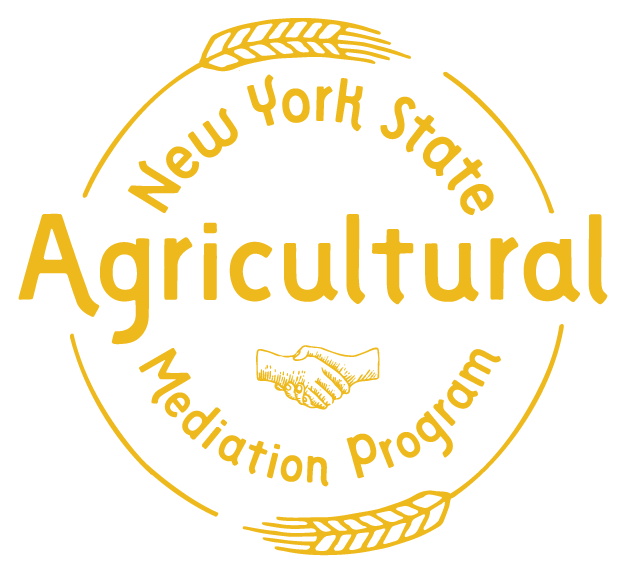Grassroots August 2017: Guest Opinions
NYS Ag Mediation Can Help in Tough Times
I came into farming from a non-farming background and in the 23 years of co-managing my family farm in Columbia County I have learned a great deal about the strength and resiliency of the farm community. On our farm we have been through “hail and high water.” We use this phrase to remind ourselves when we are stressed that we have what it takes to make it through challenges.
One of the hardest things to deal with in farming is managing multiple interdependent relationships especially, when any one of those relationships is strained. Under summer production and harvest time pressures, it is easy to lose sight of the importance of the relationships that make up a farm system. Physical and mental exhaustion during peak production, can lead to sloppy communication, avoiding difficult decisions, and can bring up tensions due to differences in values or personalities.
Other pressures like farm transitions or external factors such as weather patterns, market shifts and economic challenges can put a strain on key relationships. An unresolved conflict or a conflict that is escalating can affect a farm’s bottom line.
I have come to understand conflict is not a sign of failure, conflict is inevitable and unavoidable, just a part of life. As farm business owners, what makes or breaks us is how we choose to deal with conflict. Farmers can’t afford to be stuck for long. Our profession is too fast paced.
For our farm, 2009 was a very stressful year where both “hail and high water” affected our economic viability and tense family issues threatened the farms future. I started studying and training in mediation and conflict resolution in hopes of protecting the relationships I value and the farm I love. The skills I learned helped my farm and family work through some tough times.
I believe conflict resolution skills can help create possibility for farm families and businesses when things seem and feel the most desperate. I joined the New York State Agricultural Mediation Program as Statewide Director in 2016. NYSAMP offers a way for people to “borrow” a mediator’s skill and training – to work through difficult situations. A mediator offers process expertise in communication, conflict management and problem solving for participants who bring their own knowledge, experience, values and goals to the discussion.
Mediators help people talk about complicated or emotional situations. They DO NOT tell people what to do, and they do not offer legal, financial or other counseling. The people sorting out the conflict or solving the problem are the ones that create the solutions and make the decisions and agreements. Multiple parties can participate in a mediation including family members, financial consultants, advisors or others.
Since 2002, over 7,000 members of the NY farm community have chosen to use mediation and conflict management services through NYSAMP for their families and farm businesses. For 15 years, funding for the Agricultural Mediation Program in NY has been provided by the USDA and by the NYS Office of Court Administration. NYSAMP is administered by the NYS Dispute Resolution Association, an independent non- profit membership organization. NYSAMP is part of a Coalition of Agricultural Mediation Program (40 states) whose mission is to serve as a presence and voice for the use of mediation in rural disputes.
I appreciate the opportunity to share my point of view with Farm Bureau members across New York. Although individual calls, questions and the stories shared with NYSAMP are confidential, the overwhelming message is very clear. Many farmers and farm families are looking for ways to improve the relationships, communication and business operations of their farms. Support from Farm Bureau members will be integral in helping NYSAMP continue its service to the agricultural community of New York.
For more information please visit our website: www.nysamp.com or call our toll free line: 866-669-7267 for a free confidential consultation.

